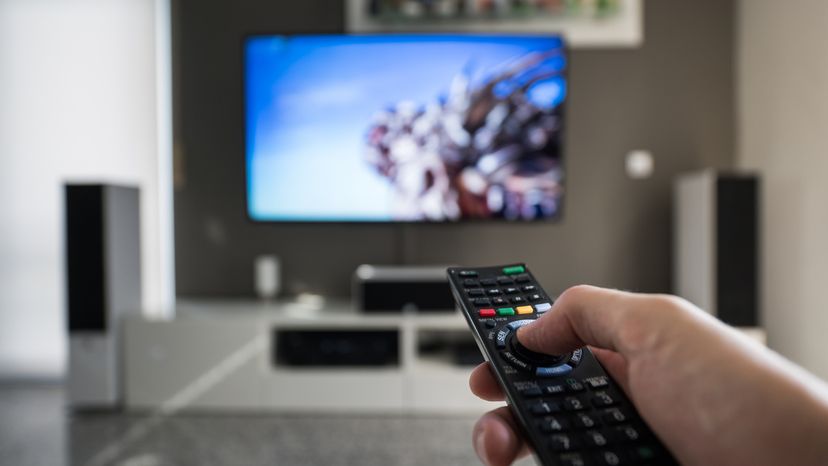
If you've looked at television sets at any of the big electronics retailers in the United States lately, you know that digital TV, or DTV, is a big deal right now. Most stores have whole areas devoted to digital TV sets. You're also hearing a lot about four other topics:
- HDTV and HDTV broadcasts
- Digital satellite services
- Digital cable
- DVDs and DVD players
Unless you are among the people in the United States who have purchased a DTV set, what you have in your living room is a normal analog TV that seems to be working just fine despite all the hype. Most people, faced with this level of product proliferation, can only ask, "What the heck is going on here?!"
Advertisement
On June 12, 2009, television stations in the United States completed the transition from analog to digital broadcasting. Consumers receiving local television signals over analog antennas now must use converter boxes to receive programming on their TVs. This deadline was pushed back several times in the last few years because of both broadcasters' and consumers' inability to meet the FCC's criteria for a successful transition to digital broadcasting.
The change was last scheduled to take place on Feb. 17, 2009, but was pushed back one final time to allow more people to purchase new TVs or converter boxes to allow them to make the transition. Some stations, however, switched to digital broadcasting in February 2009 anyhow because they'd already contracted time to broadcast on digital transmitters and staying analog would require a costly budgetary adjustment.
In this article, we will explore the world of digital television so that you can understand exactly what is going on in this medium.